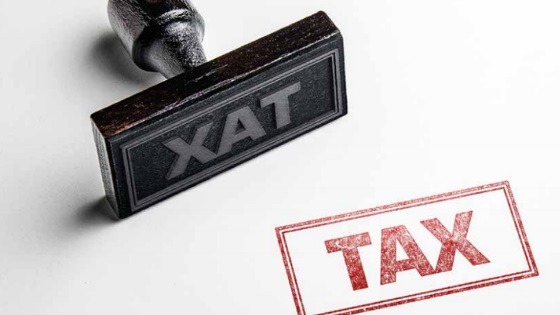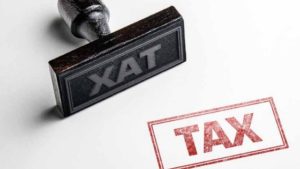Trusts
https://www.ellisbates.com/wp-content/uploads/2019/06/Trusts.jpg 560 315 Jess Easby Jess Easby https://secure.gravatar.com/avatar/0e2a278e0eef1defdd7ee9d0ae7bb398?s=96&d=mm&r=g Protecting, preserving or ultimately distributing wealth
Protecting, preserving or ultimately distributing wealth
As part of your Inheritance Tax planning, you may want to consider putting assets in trust – either during your lifetime or under the terms of your Will. Putting assets in trust – rather than making a direct gift to a beneficiary – can be a more flexible way of achieving your objectives.
For example:
- You might want assets that will pass to a child to be held on trust until they are older
- You might want assets to eventually pass to your children, but to ensure that your spouse can benefit from them for the rest of his or her life
The tax treatment of trusts is complex and depends on such factors as the kind of trust, the value of the assets put into it, and who the beneficiaries are. Recent changes to the rules mean that the tax treatment of some trusts is no longer as favourable as it used to be, but there are still circumstances in which they can help to reduce the overall level of tax payable.
The structures into which you can transfer your assets can have lasting consequences for you and your family, and it is crucial that you choose the right ones. The right structures can protect assets and give your family lasting benefits. A trust can be used to reduce how much Inheritance Tax your estate will have to pay on your death.
Legal arrangement
A trust, in principle, is a very simple concept. It is a legal arrangement where the ownership of someone’s assets (such as property, shares or cash) is transferred to someone else (usually a small group of people or a trust company) to manage and use to benefit a third person (or group of people). An appropriate trust can be used to reduce how much Inheritance Tax your estate will have to pay on your death.
 The main types of trust
The main types of trust
Bare (Absolute) Trusts: The beneficiaries are entitled to a specific share of the trust, which can’t be changed once the trust has been established. The settlor (person who puts the assets in trust) decides on the beneficiaries and shares at outset. A simple and straightforward trust – the trustees invest the trust fund for the beneficiaries but don’t have the power to change the beneficiaries’ interests decided on by the settlor at outset. Offers the potential Income Tax and Capital Gains Tax benefits, particularly for minor beneficiaries. The assets, both income and capital, are immediately owned and can be taken by the beneficiary at age 18 (16 in Scotland).
Interest In Possession Trusts
With this type of trust, the beneficiaries have a right to all the income from the trust, but not necessarily the capital. Sometimes a different beneficiary will get the capital – say, on the death of the income beneficiary. They’re often set up under the terms of a Will to allow a spouse to benefit from the income during their lifetime, but with the capital being owned by their children. The capital is distributed on the remaining parent’s death.
Discretionary (Flexible) Trusts
The settlor decides who can potentially benefit from the trust, but the trustees are then able to use their discretion to determine who, when and in what amounts beneficiaries do actually benefit. Provides maximum flexibility compared to the other trust types, and for this reason is often referred to as a ‘Flexible Trust’.
A few trusts will now have to pay an Inheritance Tax charge when they are set up, at ten-yearly intervals and even when assets are distributed. You should always obtain professional advice on whether trusts could be of benefit for your particular circumstances and requirements.



 Innovative Products To Be Created For Would Be Homeowners
Innovative Products To Be Created For Would Be Homeowners
 Continuing your support long into the future
Continuing your support long into the future
 Minimising the financial impact on you and your loved ones
Minimising the financial impact on you and your loved ones Exclusions and limitations
Exclusions and limitations
 Time to review your financial plans with a financial check-up?
Time to review your financial plans with a financial check-up?

 Investors
Investors





 Q: What is a Help to Buy ISA?
Q: What is a Help to Buy ISA?

